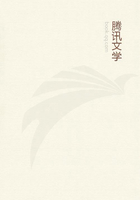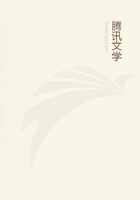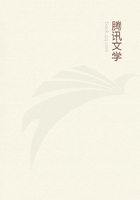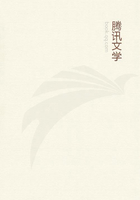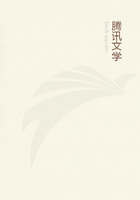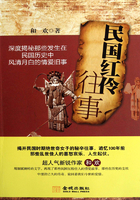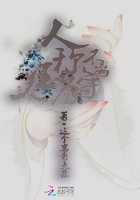Rhizopods (according to Engelmann's observations) retract their pseudopodia whenever these touch foreign bodies, even if these foreign bodies are the pseudopodia of other individuals of their own species, whilst the mutual contact of their own pseudopodia is followed by no such contraction.These low animals can therefore already feel an outer world -- even in the absence of innate ideas of causality, and probably without any clear consciousness of space.In truth the conviction that something exists outside of ourselves does not come from thought.It comes from sensation; it rests on the same ground as our conviction of our own existence....If we consider the behavior of new-born animals, we never find them betraying that they are first of all conscious of their sensations as purely subjective excitements.
We far more readily incline to explain the astonishing certainty with which they make use of their sensations (and which is an effect of adaptation and inheritance) as the result of an inborn intuition of the outer world.
...Instead of starting from an original pure subjectivity of sensation, and seeking how this could possibly have acquired an objective signification, we must, on the contrary, begin by the possession of objectivity by the sensation and then show how for reflective consciousness the latter becomes interpreted as an effect of the object, how in short the original immediate objectivity becomes changed into a remote one."
Another confusion, much more common than the denial of all objective character to sensations, is the assumption that they are all originally located inside the body and are projected outward by a secondary act.This secondary judgment is always false, according to M.Taine, so far as the place of the sensation itself goes.But it happens to hit a real object which is at the point towards which the sensation is projected; so we may call its result, according to this author, a veridical hallucination. The word Sensation, to begin with, is constantly, in psychological literature, used as if it meant one and the same thing with the physical impression either in the terminal organs or in the centres, which is its antecedent condition, and this notwithstanding that by sensation we mean a mental, not a physical, fact.But those who expressly mean by it a mental fact still leave to it a physical place , still think of it as objectively inhabiting the very neural tracts which occasion its appearance when they are excited; and then (going a step farther)
they think that it must place itself where they place it, or be subjectively sensible of that place as its habitat in the first instance, and afterwards have to be moved so as to appear elsewhere.
All this seems highly confused and unintelligible.
Consciousness, as we saw in an earlier chapter (p.214) cannot properly be said to inhabit any place.It has dynamic relations with the brain, and cognitive relations with everything and anything.From the one point of view we may say that a sensation is in the same place with the brain (if we like), just as from the other point of view we may say that it is in the same place with whatever quality it may be cognizing.
But the supposition that a sensation primitively feels either itself or its object to be in the same place with the brain is absolutely groundless, and neither a priori probability nor facts from experience can be adduced to show that such a deliverance forms any part of the original cognitive function of our sensibility.
Where, then, do we feel the objects of our original sensations to be?
Certainly a child newly born in Boston, who gets a sensation from the candle-flame which lights the bedroom, or from his diaper-pin, does not feel either of these objects to be situated in longitude 72° W.and latitude 41° N.He does not feel them to be in the third story of the house.He does not even feel them in any distinct manner to be to the right or the left of any of the other sensations which he may be getting from other objects in the room at the same time.He does not, in short, know anything about their space-relations to anything else in the world.The flame fills its own place, the pain fills its own place; but as yet these places are neither identified with, nor discriminated from, any other places.That comes later.For the places thus first sensibly known are elements of the child's space-world which remain with him all his life; and by memory and later experience he learns a vast number of things about those places which at first he did not know.
But to the end of time certain places of the world remain defined for him as the places where those sensations were; and his only possible answer to the question where anything is will be to say 'there,' and to name some sensation or other like those first ones, which shall identify the spot.Space means but the aggregate of all our possible sensations.
There is no duplicate space known aliunde , or created by an 'epoch-making achievement' into which our sensations, originally spaceless, are dropped.
They bring space and all its places to our intellect, and do not derive it thence.
By his body, then, the child later means simply that place where the pain from the pin, and a lot of other sensations like it, were or are felt.It is no more true to say that he locates that pain in his body, than to say that he locates his body in that pain.Both are true: that pain is part of what he means by the word body.Just so by the outer world the child means nothing more than that place where the candle-flame and a lot of other sensations like it are felt.He no more locates the candle in the outer world than he locates the outer world in the candle.Once again, he does both; for the candle is part of what he means by 'outer world.'

